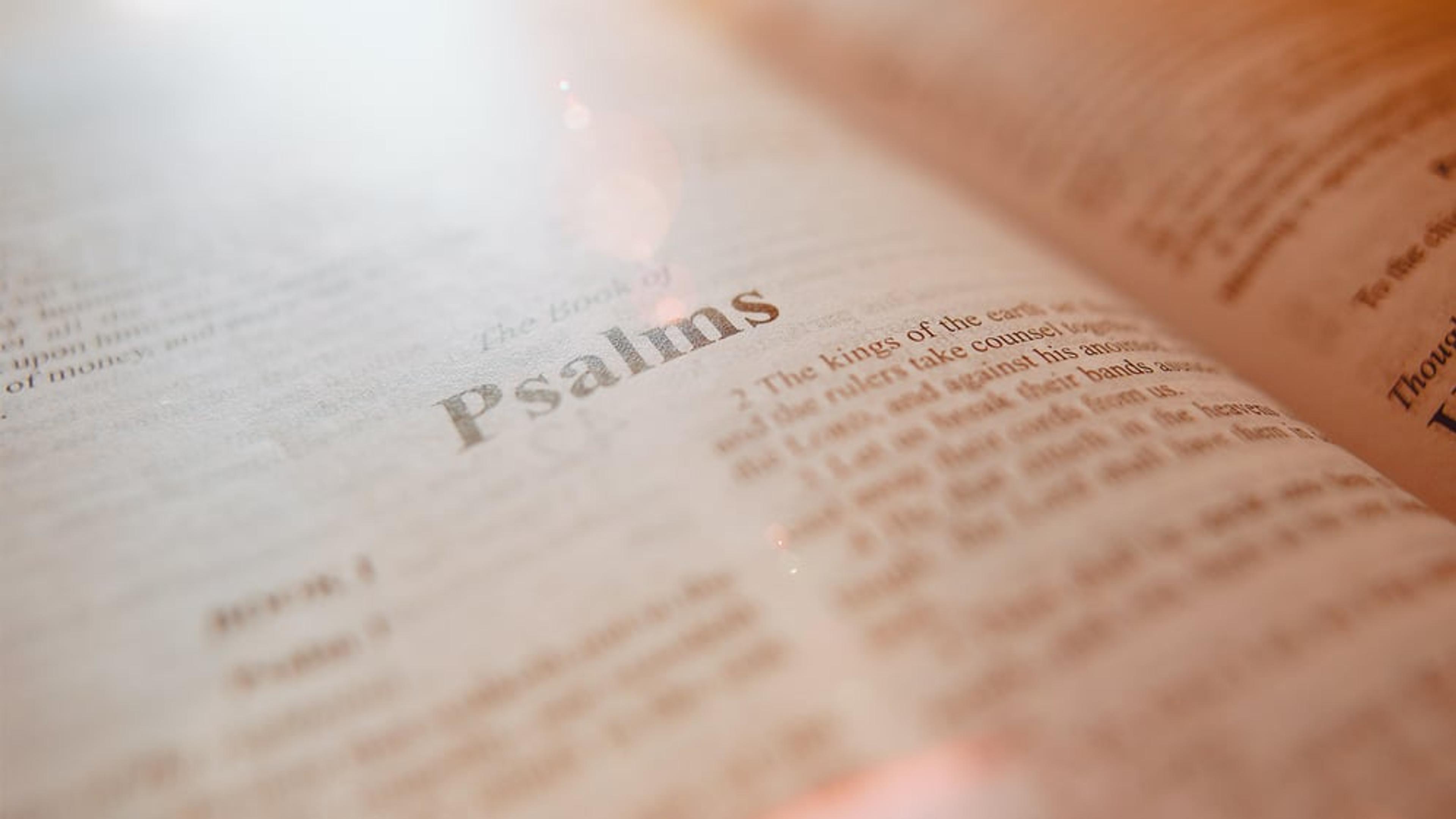In the stillness of this evening, I was granted an uncommon respite from the demands of parenthood. As I tucked my daughter into bed and my wife attended to her work, I found myself enveloped in a serene quiet, interrupted only by the gentle presence of our two beloved canine companions. In this moment of solitude, I began to meditate on the sublime beauty and profound significance of the Psalms in my life, as they have steadily served as a fount of solace and guidance.
As I sat in contemplation, I found myself drawn to a Psalm that has long held a cherished place in my prayer life - the Sunset Psalm, Psalm 104 (103 in the Septuagint). In the Orthodox Church, this Psalm is recited during every Vespers (evening prayer), and I often find myself whispering these words, either audibly or in the quiet of my heart, on many an evening. The Psalms possess a remarkable ability to ingrain themselves into our memory and our souls, always standing ready to offer comfort and wisdom like a steadfast companion.
Throughout my spiritual journey, I have discovered that different Psalms resonate with me in distinct emotional states and life circumstances. For instance, upon awakening, I recite Psalm 103 (102 LXX); when besieged by stress, I turn to Psalm 143; and during moments of despair or repentance, Psalm 51 (50 LXX) provides solace. In times of gratitude, Psalm 138 (137 LXX) assists me in articulating my thankfulness. While this list could continue indefinitely, these examples serve to illustrate the profound impact the Psalms have on my spiritual odyssey.
"The Psalms teach us how to pray and how to offer up our supplications to the Lord.” - St. Isaac of Syria
As I journeyed across the Bosphorus and Tiber, immersing myself in the liturgical life of my new home within the Anglican Tradition, I discovered familiarity in the deep commitment to the Psalms as a central pillar of prayer. The presence of the entire Psalter in the Book of Common Prayer filled me with joy, as it is read through in its entirety each month during Morning and Evening prayers.
The practice of reading through the Psalter has long been a part of the liturgical life of the Church. St. Benedict of Nursia considered the Psalms the very core of the Divine Office, organizing the Psalter in such a way that Benedictine monks would recite all 150 Psalms within a week. This tradition is upheld in the Orthodox*, Catholic, and Anglican Churches through the use of the Anglican Breviary.
In the monumental task of creating the Book of Common Prayer, Thomas Cranmer recognized the challenge faced by both monastics and laypeople in praying the full daily office. Thus, he simplified the seven hours of daily prayer into Morning and Evening prayers, crafting an approachable daily prayer cycle for all the faithful. Through the practice of Morning and Evening prayers, we read the Psalms in their entirety each month, not to mention the Psalms interspersed throughout the prayers, Eucharist service, and other liturgical offerings.
"By singing the Psalms, we join our voices with the angels and the saints who have gone before us.” - St. Jerome
The Psalter, the collection of Psalms, has served as a prayer book for the Church since its earliest days. When the Apostles prayed the hours in Acts (10:3, 9; 15:25), they prayed the Psalms. St. John Chrysostom asserts that, “By praying the Psalms, we chant the very words which Christ used, and we conform our hearts to His." Jesus quotes five Psalms throughout the Gospels of Sts. Matthew and John, demonstrating the closeness of the Psalms to His own heart, even as He cried out Psalm 22 on the cross (Matthew 27:46).
"In the Psalms, we find the very heart of Christian prayer." - St. Bonaventure
The Psalms offer a wealth of beauty to us as Christians, providing us with the words to pray when we may struggle to articulate our own thoughts, connecting us to the countless faithful men and women who have gone before us, and instructing us in the art of prayer. As Richard Hooker so eloquently stated, "The Psalms are the very heart and soul of devotion, as they teach us how to pray and how to lift up our hearts to God.”
I recently purchased a scripture journal of the Book of Psalms. As I read through the Psalter, I've been taking notes, reflecting, and meditating on them during my prayers this Lenten season. I'm finding something new in many of the Psalms and drawing closer to Christ.
In our quiet moments of reflection, let us turn to the Psalms as a source of solace, wisdom, and spiritual nourishment. By engaging with this ancient and sacred collection of prayers, we forge a connection not only with the divine but also with the innumerable generations of believers who have found comfort and guidance in the Psalms. In this way, we participate in a timeless and unbroken tradition of prayer, joining our voices with the chorus of saints, angels, and fellow seekers who have discovered the transformative power of the Psalter.
* During Lent, the Orthodox Church prays through the Psalms twice a week.
About Thom Crowe
Thom was ordained a deacon in the Orthodox Church before joining the Anglican tradition, works in tech marketing marketing, am is dad to a sweet little girl and husband to a great wife who runs the Made Shop. He's an avid reader, beer aficionado, lover of theology and history, and insufferable coffee snob. Thom says he has a pretty happy life in Tulsa, OK.
